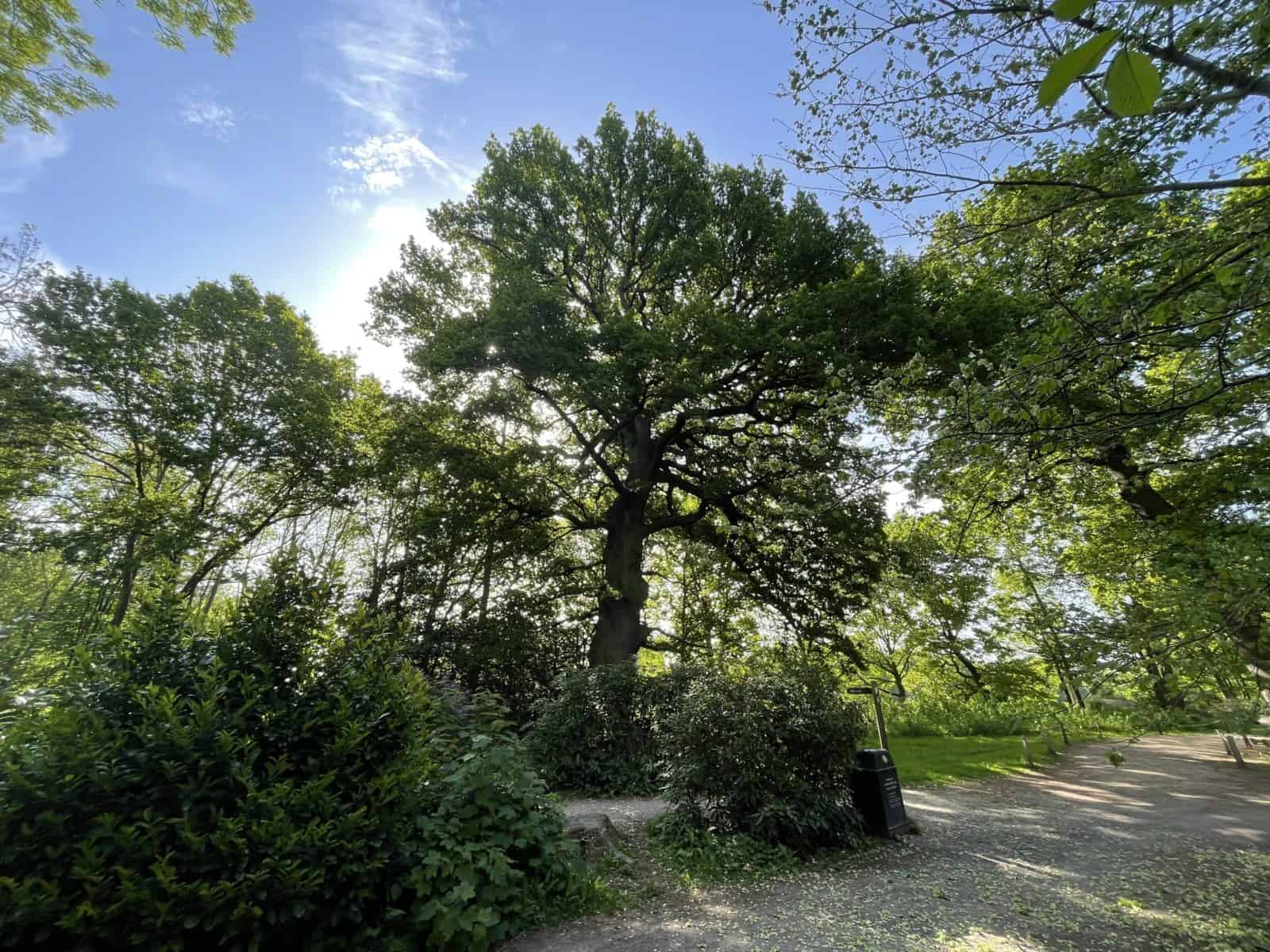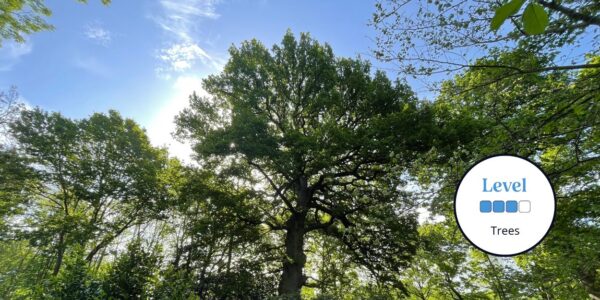Start at the very beginning; learn about basic tree biology and ecology and the common species we find in the UK in this introductory online course.
Trees are an important part of the plant kingdom, with their colourful leaves, acorns and blossoms. They provide homes and food for wildlife and also many ecosystem services for humans.
What is covered in this course?
- What is a Tree?
- Tree Biology and Ecology
- Introduction to Common Coniferous Trees
- Introduction to Common Broadleaf Trees
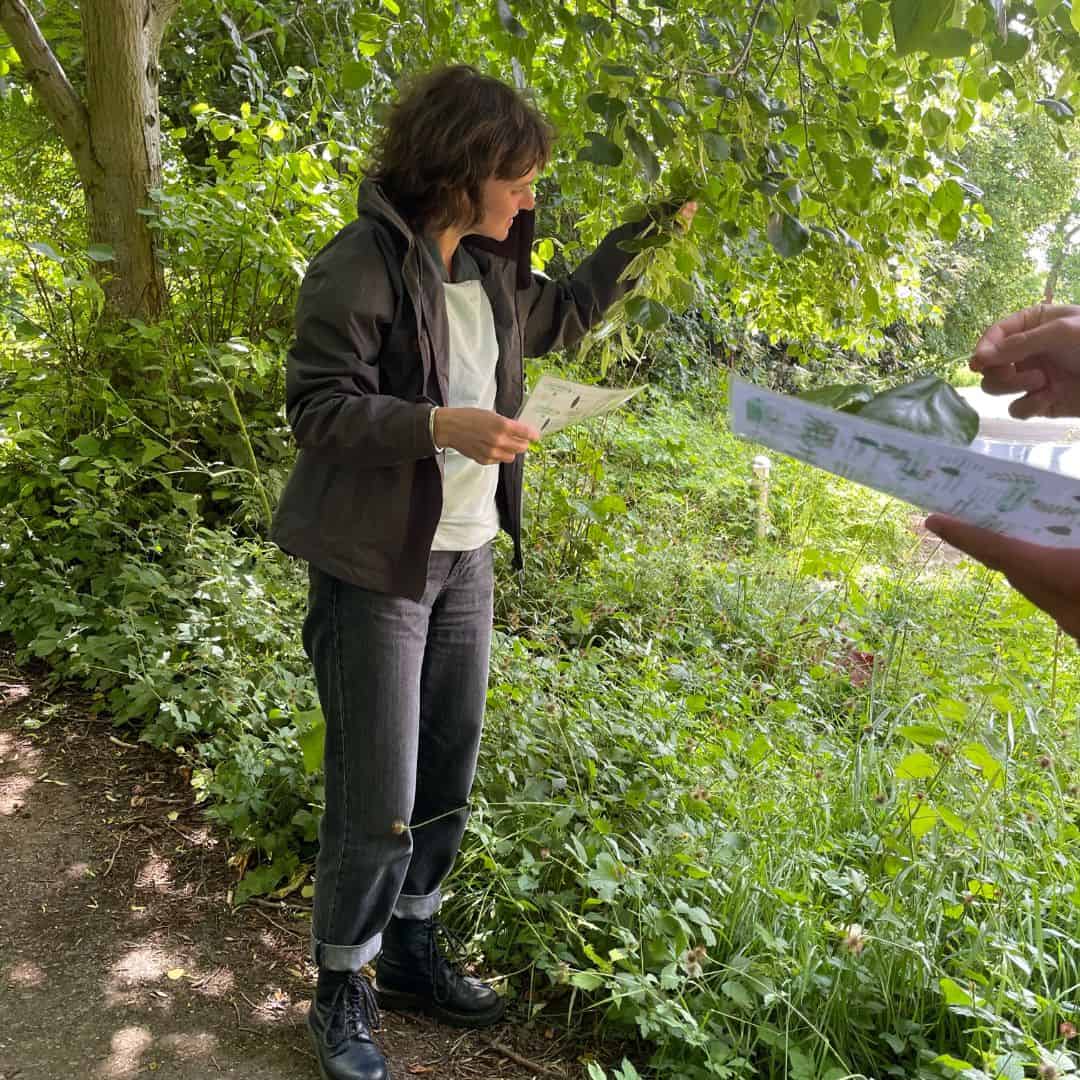
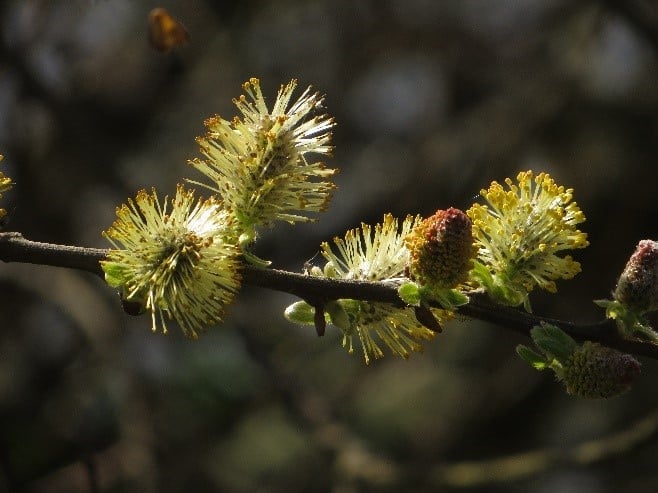
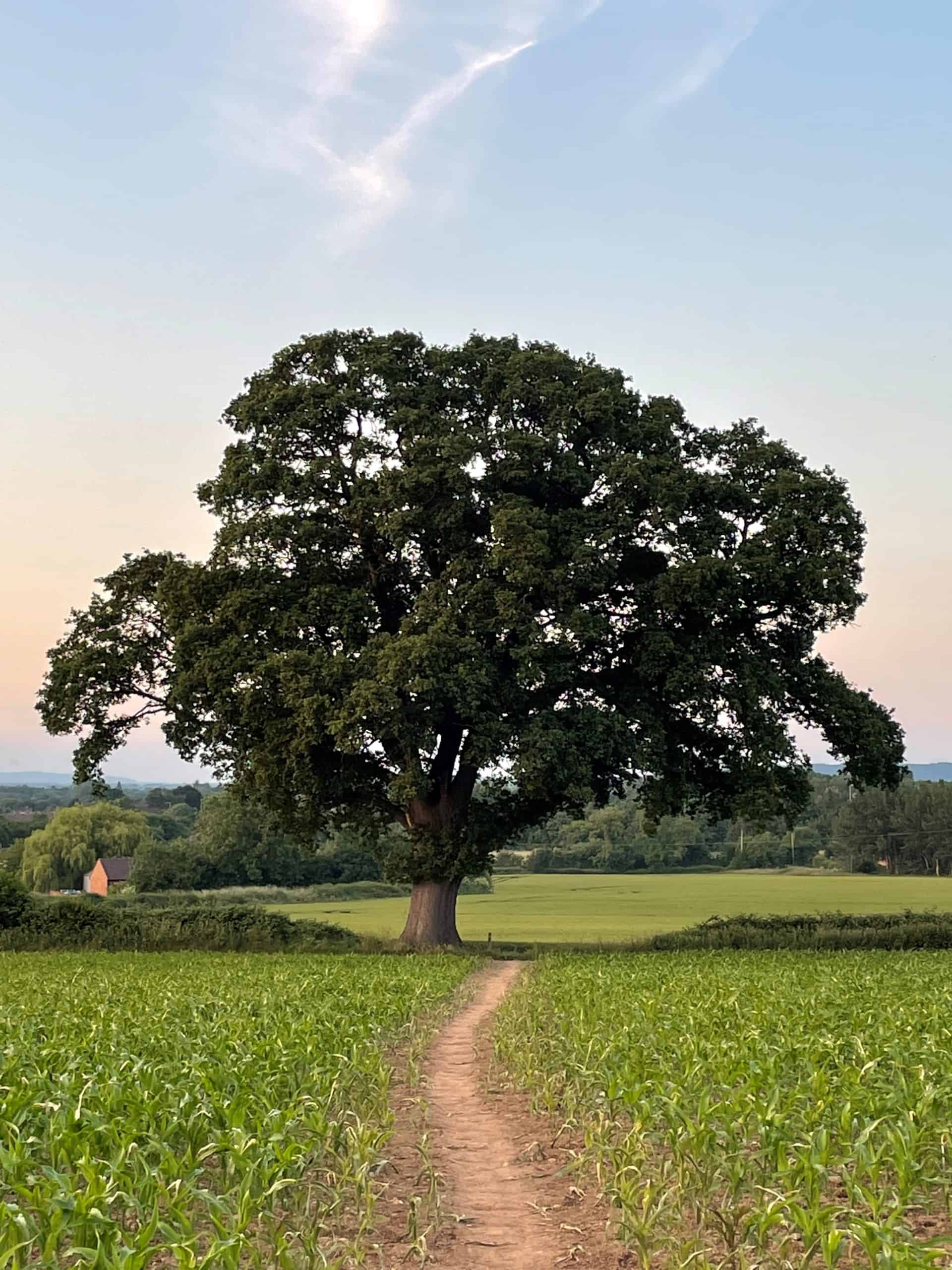
Read More
During this introductory online course, you will start at the very basics of the biological definition of a tree and their place in the plant kingdom. You will continue to build your knowledge and explore their incredible biology and ecology. Later topics take you through introducing the two main types of trees found in the UK – coniferous and broadleaf trees, looking at basic identification of the most common species you may find. This course will enable you with the confidence to progress your learning and move on to courses looking more in-depth at specific tree identification.
This is a 4-week online course covering 4 topics, for which you will complete a variety of self-led online resources and activities. Each topic is then concluded with an interactive Zoom workshop to complement the online content. Time commitment is approximately 2-3 hours a week and an E-certificate is provided upon completion.
By the end of the course, you will be able to:
- Explain how trees fit into the plant kingdom, the key differences between angiosperms and gymnosperms, and the basic structure of a tree.
- Understand the basics of tree photosynthesis, life cycles, habitats, niches, ecosystem services.
- Recognise by key characteristics some of the most common conifers in the UK.
- Recognise by key characteristics some of the most common broadleaf trees in the UK.
- Share this knowledge with friends, family and fellow volunteers.
Understand how our online courses are delivered.
Who Should Attend? – Nature enthusiasts, students, rangers, early career ecologists.
Knowledge Level – Introductory. Level descriptors can be found on the following webpage: Framework and Course Level Descriptors
Prior Knowledge – No existing knowledge or experience is needed for this course. Just a willingness to contribute and learn.
Recommended Devices – It is recommended that you access your course through a PC or laptop. Please be aware that there will be reduced functionality if you decide to access the course through a tablet or smartphone. The Field Studies Council is unable to email content directly to you/
Live Webinar Information
There are 4 webinars for this course, taking place at the end of each week. Please see the date listing below for the day and time.
Please note – webinars will be recorded and uploaded to the virtual learning platform for learners unable to attend.
About the Tutor
Floris Stoter is a tree and woodland enthusiast with a professional background in habitat management. He spent a number of years volunteering, working in and studying conservation in the UK before moving to Holland to work as a tree surveyor. He has a particular love for trees, woodlands and ecological restoration and is currently enrolled in an environmental restoration course in order to specialise in woodland restoration. He is also developing an online course in habitat conservation for a Dutch company. In his spare time, he enjoys coppicing and pollarding in small woodlands around the city of Leiden, where he currently resides.
Example Timetable
Week 1: What is a tree?
Self-study material available from the start date.
Week 1 Live Webinar at the end of week 1
Week 2: Tree ecology and biology
Self-study material available after week 1 webinar
Week 2 Live Webinar: at the end of week 2
Week 3: Introducing common coniferous trees
Self-study material available after week 2 webinar
Week 3 Live webinar at the end of week 3
Week 4: Introducing common broadleaf trees
Self-study material available after week 3 webinar
Week 4 Live webinar at the end of week 4
The final deadline to complete any outstanding assignments and self-study components 2 weeks after the final webinar
Time commitment: This course will require approximately 2-3 hours of your time each week. This includes covering course materials on our Moodle learning platform and the Zoom session.
What's Included
The course has been carefully created to help you continue to build and develop your knowledge as the course progresses. With content crafted to the online Moodle Platform and bespoke to the Field Studies Council.
The course includes:
- 45-minute interactive weekly Zoom workshops to connect with the tutor and other participants
- Expert tuition for which the Field Studies Council is renowned
- Activities to work on independently in advance of each Zoom workshop
- Tailored course completion certificate
Once registered, you will follow well-illustrated, user-friendly ’books’ to pick up knowledge. Quizzes and skill checks will give you instant feedback on your learning. Forums give students the chance to interact with each other as well as a place to share work.
Bursaries and Subsidies
Student Discount
This course is eligible for a student discount. If you are a current student, please use discount code BioStudent20 at checkout for 20% off all Biodiversity courses.
Natural History Bursaries
There are a number of natural history bursaries available to help with the cost of your course. To find out if you and your chosen course are eligible, find out more here.
Before You Attend
Accessing Your Course
- Once you sign up you’ll receive an email at least 24 hours in advance of the course opening with details of how to access our easy-to-use platform, Moodle.
- Moodle can be accessed through a browser or an app.
- Webinars are via Zoom so you won’t need any new software to attend
Recommended Devices
It is recommended that you access your course through a PC or laptop. Please be aware that there will be reduced functionality if you decide to access the course through a tablet or smartphone. The Field Studies Council is unable to email content directly to you.
Opportunities to attend this course
-
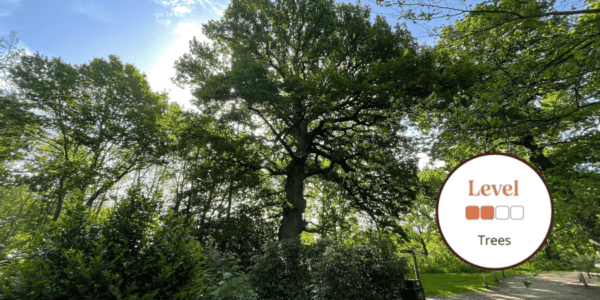
Fri 17, May 2024 - Fri 28, June 2024
The webinars will take place on Fridays 7:30 pm – 8:15 pm on the following dates:
- Week 1: 24th May 2024
- Week 2: 31st May 2024
- Week 3: 7th June 2024
- Week 4: 14th June 2024
-

Wed 07, August 2024 - Wed 18, September 2024
The webinars will take place on Wednesdays 5:30 pm – 6:15 pm on the following dates:
- Week 1: 14th August 2024
- Week 2: 21st August 2024
- Week 3: 28th August 2024
- Week 4: 4th September 2024
No current dates for this course? Click here to view all the upcoming Natural History courses.
Progress Your Learning
This is a training course from the Field Studies Council, delivered by expert tutors with an approachable learning style. After attending this course, you may like to progress your learning with further relevant courses or branch out into other areas of natural history. The Field Studies Council offers both online and in person courses, so you can choose the learning style that suits you best.
The course gives you the opportunity to immerse yourself in a new subject and acquire novel skills. Our online portal gives you time to study at your own pace and fit the lessons around your own schedule.
If you have any questions about our online courses please check our Frequently Asked Questions
Please email [email protected] if you have any questions.
Group Bookings Made Easy
If you have a group of 10 or more individuals wanting to complete one of our courses, our team are available to discuss your options – from discounts to private team courses. Find out more!
You can rest assured that the absolute best content from an expert in environmental education will be at your fingertips. In choosing a Field Studies Council course, you will be joining thousands of people who learn with us each year.

